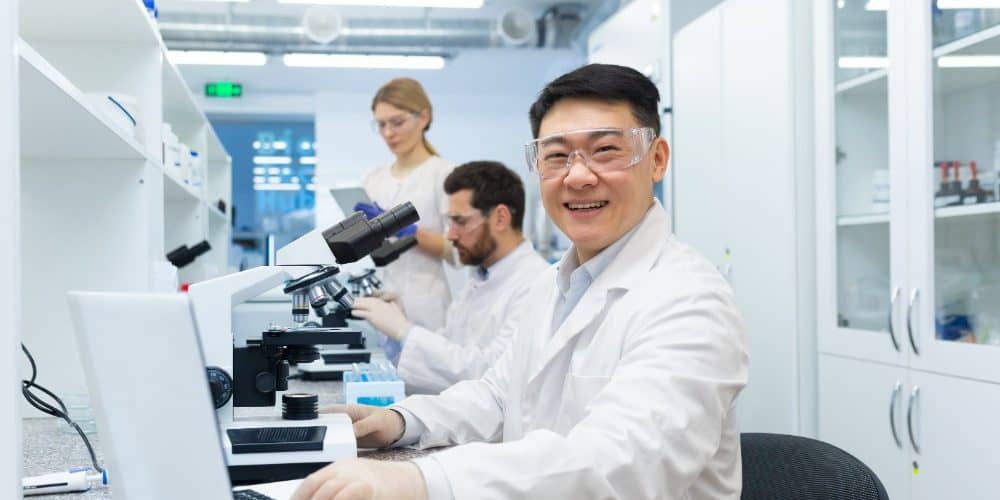Health minister invites Japanese pharma cos to collaborate with Indian firms for research and innovation
Union minister of health and family welfare, Dr Mansukh Mandaviya has invited Japanese companies to collaborate with Indian companies on research and innovation in emerging therapies and technologies.
He was interacting with the representatives of Japanese pharma companies and members of the Japan Pharmaceutical Manufacturers Association (JPMA), at the Indian Embassy in Tokyo.
The Minister invited Japanese collaboration on research and innovation in emerging innovative therapies and technologies like precision medicine, cell and gene therapy, biological products, and on the utilization of digital tools.
He said that “such collaboration on research and innovation would help enhance the domestic availability and affordability of these innovative therapeutic options.”
Addressing the gathering, Dr Mandaviya stated that “India is recognized as a global pharmaceutical hub, with its industry playing a pivotal role in improving health outcomes worldwide by serving as a dependable supplier of affordable and high-quality drugs.”
“India has played a significant role in enhancing global accessibility by providing approximately 60 per cent of the global vaccine supply and 20-22 per cent of generic exports. In the battle against the Covid-19 pandemic, India has supplied essential drugs to around 185 countries,” he averred.
The Union health minister said that the Indian pharmaceutical industry has primarily focused on manufacturing generic medicines, exporting bulk drugs, and supplying active pharmaceutical ingredients. “The Indian pharmaceutical industry includes a network of 3,000 drug companies and 10,500 manufacturing units. It is projected to reach a value of US$ 130 billion by 2030.” he said.
Three bulk drug parks are coming up to create a robust ecosystem for pharmaceutical manufacturing. To promote research and development in the pharmaceutical sector, the Indian government has established six National Institutes of Pharmaceutical Education and Research (NIPER) and designated them as ‘Institute of National Importance. In 2019, the launch of the New Drugs and Clinical Trial Rules further contributed to the growth of the clinical trial sector, with many choosing India as a site for global clinical trials.
Encouraging Japanese companies to take advantage of growing opportunities in the Indian market, the Minister stated that “the pharmaceutical industry in India has been attracting a lot of investment from foreign companies and seeing partnerships and collaborations. This has opened up exciting opportunities for global pharmaceutical companies to enter the Indian market. The new production link incentive (PLI) schemes have also encouraged manufacturers to produce drugs in India, with the aim of supplying them to the global market.” He informed that globally, research and innovation in the field of bio-pharmaceuticals have become key drivers for growth in the life sciences sector, particularly with the rising prevalence of biologics and biosimilars and highlighted that “In India, the bio-pharmaceutical sector has achieved an impressive 5-year Compound Annual Growth Rate (CAGR) of 50 per cent and is projected to continue thriving.”
Informing about the growing demand for Indian traditional medicines, Dr Mandaviya noted that “the government has initiated efforts to integrate traditional medicines and phyto-pharmaceuticals into mainstream public practices. With India’s rich biodiversity and abundance of flora and fauna, there is immense potential to incorporate phytopharmaceutical products into the global value chain.”
Junichi Shiraishi, director general, JPMA and Dr Sachiko Nakagawa, managing director, JPMA were present in the discussions.










